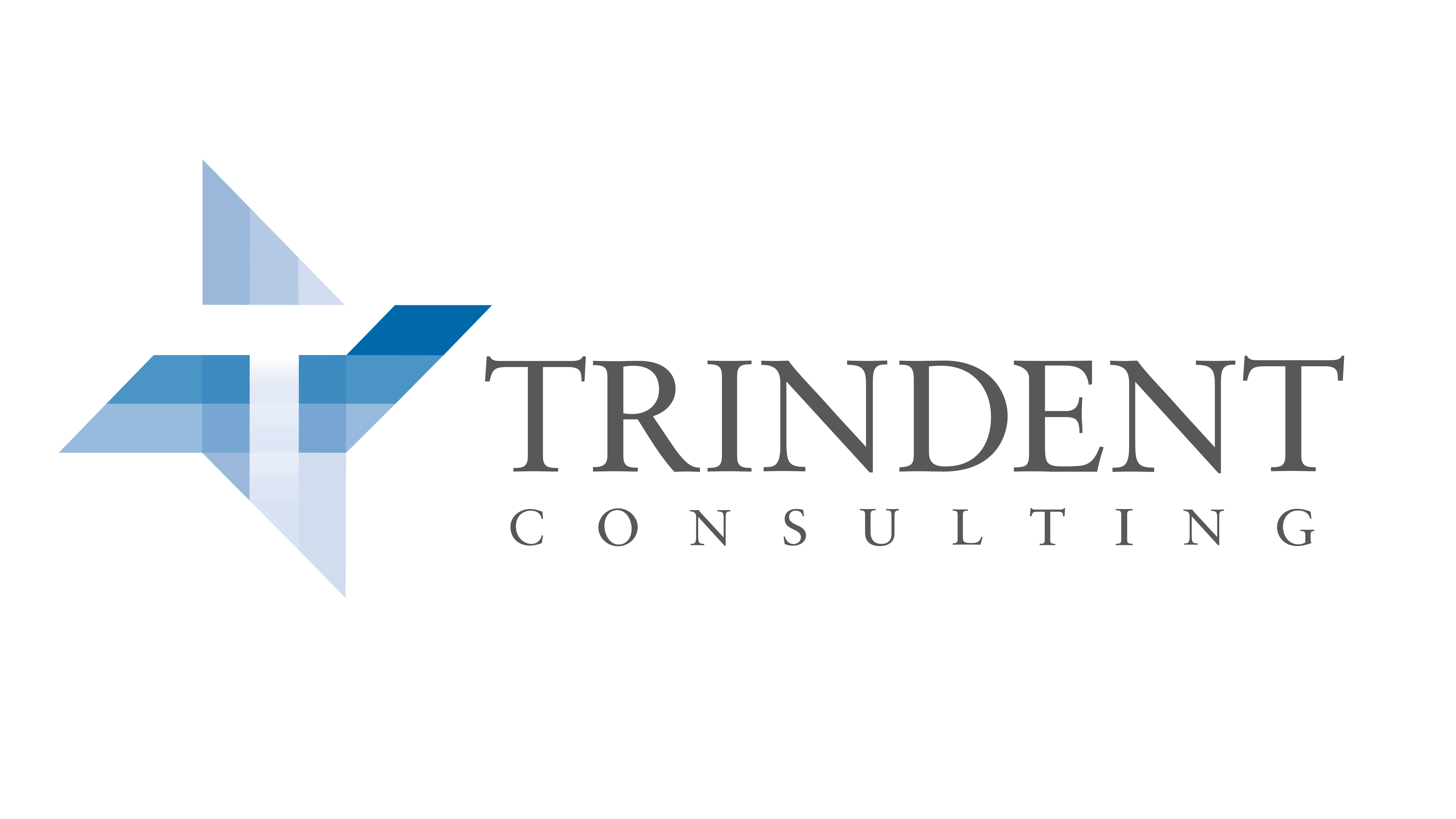500% - 1500%
Return on Investment
We deliver a reconcilable and sustainable return on our services.
100+
Clients Worldwide
We’re backed by a 97% client reference rate and the trust of industry leaders.
35+
Countries Serviced
We are a global organization with diverse linguistic and cultural appreciation.
One of Canada’s Fastest Growing Companies
7 Years in a Row









Who We Are
Trindent Consulting is a global technical augmentation company specializing in the energy, healthcare, and finance sectors.
We’ve helped over 100 clients in our three industries of expertise achieve significant financial benefits that yield between 500-1500% ROI within the first year – and we’ve done that without capital investments or software changes of any kind.
You can think of our consultants like white blood cells that are skilled in solving business problems in particular industries.
Our People and Culture
We’re a dynamic, diverse team united by shared culture and values, working together to create exceptional outcomes.
Working at Trindent
Learn from real operations experts and develop valuable business transformation skills in a growing company.
Diversity and Inclusion
We believe diversity makes us stronger, and we are dedicated to cultivating a workplace where every individual feels valued.
Our Expertise
By specializing in specific industries, our firm provides a more meaningful experience for our clients. With technical expertise in the energy, healthcare, and financial services sectors, we understand our client’s specific challenges and are able to deliver a reconcilable and sustainable return on our services.
ENERGY
Maximizing the Hydrocarbon Value Chain.
Trindent’s leading technical augmentation team in the energy sector provide innovative solutions for the most complex problems in refining.
With deep industry knowledge, our team assesses and implements best-in-class processes to widen your margins, minimize quality giveaway, improve measurement practices, and improve performance in every aspect of the hydrocarbon value chain.
We are experts in Downstream.

HEALTHCARE
We Help Optimize the Full Healthcare Value Chain.
At Trindent Consulting, we assist healthcare organizations to be more efficient by revolutionizing their healthcare operating models.
Armed with profound industry expertise, we know how to tackle the challenges and changes ensuring your organization is ready to face the future.
We are experts in Medical Device Supply Chains and Hospital Operations.

FINANCIAL SERVICES
Delivering Efficient Financial Services Operations.
Trindent’s financial services consulting team deliver operational and performance enhancements to prepare your industry for future growth.
We implement our effective solutions without additional financial commitments in staffing or capital requirements.
We are experts in Insurance and Banking consulting services.

Company News
Our Leadership
Meet the leadership team at Trindent.

Alisse Houweling
Vice-President & General Counsel
Alisse brings significant legal experience to her role at Trindent, with deep expertise in commercial matters as in-house counsel and a strong…










